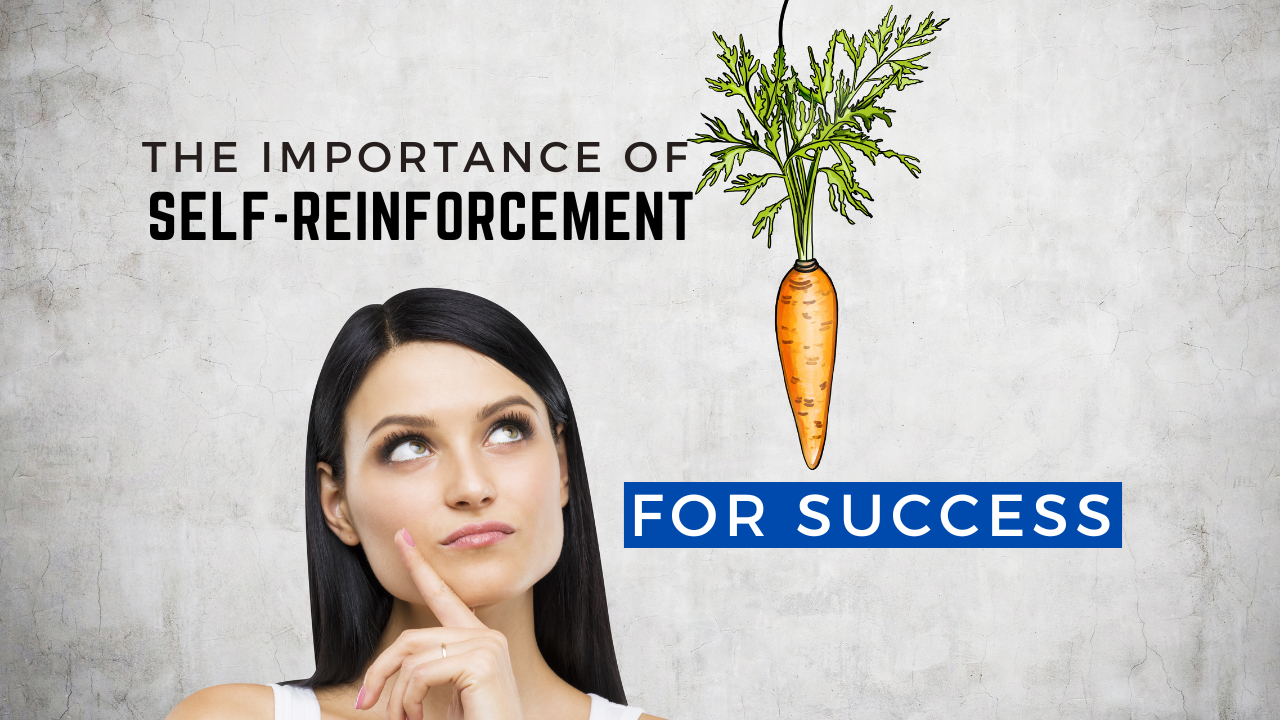Displaying Confidence across Cultures
The Dunning-Kruger effect, identified by researchers David Dunning and Justin Kruger, is a cognitive bias where individuals with limited expertise in a certain area tend to overestimate their capabilities, whereas those with extensive knowledge often undervalue their skills.
This phenomenon is deeply influenced by personal values and the way individuals perceive themselves and their achievements. For instance, someone socialized in a more individualistic culture, who values individual achievement and autonomy, might be more prone to displaying confidence, perhaps even overconfidence, in their abilities. This inclination towards self-assurance is often seen as a reflection of personal values that celebrate independence and personal success.
On the other hand, individuals socialized to have collectivist values, who prioritize collective goals over personal accolades, might exhibit a more modest assessment of their skills, aligning with a value system that favors humility and a communal sense of achievement. Such a perspective encourages a more grounded or even understated view of one's abilities, in keeping with the ethos of prioritizing the group's success over individual recognition.
This understanding of differences has practical implications for personal growth, education, and leadership. It underscores the importance of cultural agility, self-awareness, and the need for individuals to reflect on how their values and upbringing influence their perception of their own competencies.
Understanding these differences can guide the development of teaching methods that foster accurate self-assessment and encourage learners to recognize and bridge their knowledge gaps. In the workplace, it can inform leadership styles and feedback mechanisms that cater to the diverse value systems of a global workforce, promoting a culture of inclusivity and mutual respect.
In our interconnected world, appreciating the subtle ways in which personal values influence psychological phenomena like the Dunning-Kruger effect is crucial. It not only enriches our understanding of human behavior but also celebrates the diversity of thought and perspective that shapes our global community. Let's take this opportunity to reflect on our own experiences with self-assessment and competence. How have your values influenced your perception of your abilities?





